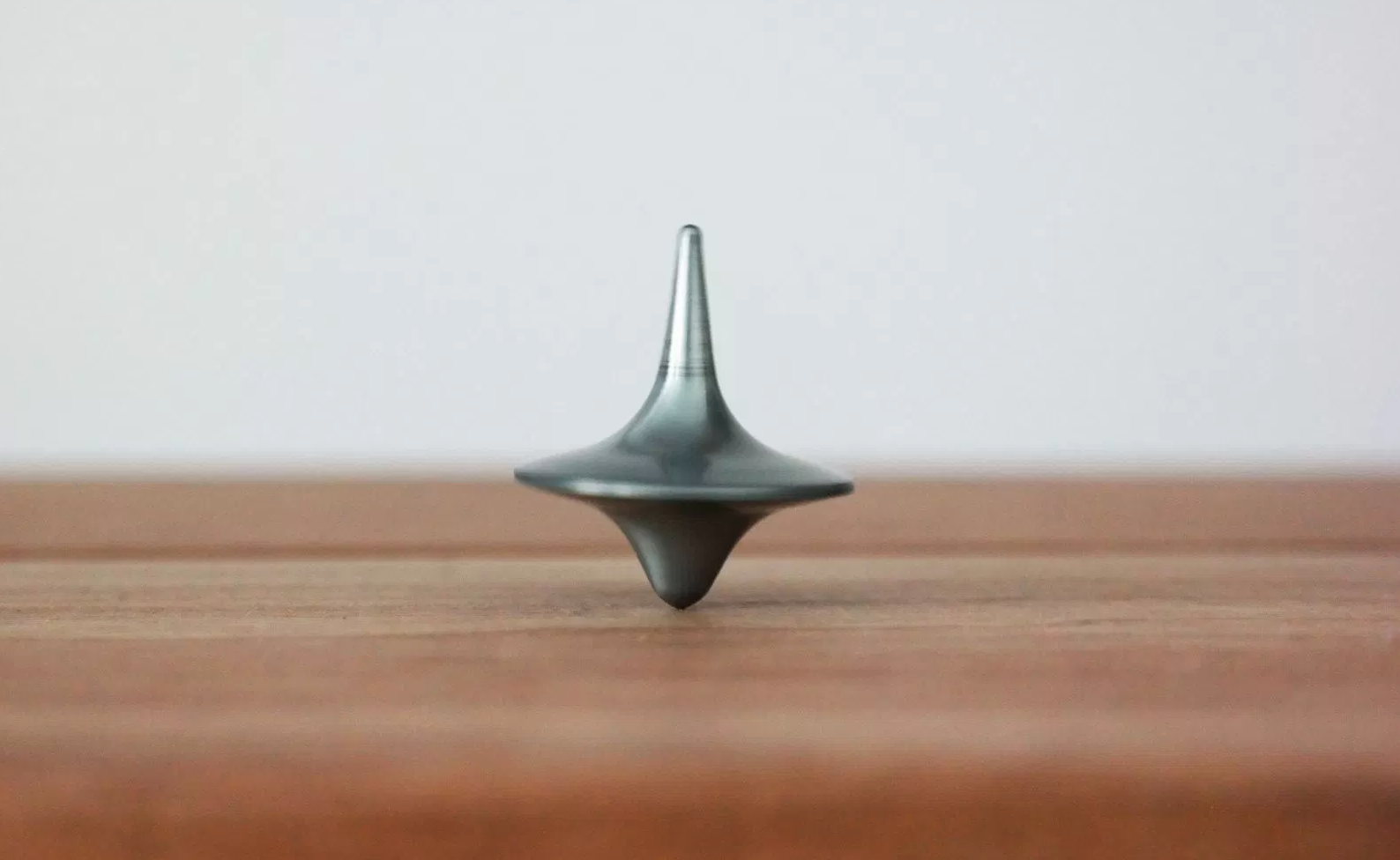 How does one go about creating health, both for yourself and for those who choose to follow your example? As we have discussed in previous newsletters, and as we will continue to discuss in the future, your dietary habits are critical determinants of your long-term health. However, other things besides diet can be equally important, or even more important.
How does one go about creating health, both for yourself and for those who choose to follow your example? As we have discussed in previous newsletters, and as we will continue to discuss in the future, your dietary habits are critical determinants of your long-term health. However, other things besides diet can be equally important, or even more important.
- Do you find your work fulfilling?
- Are you stressed by financial problems?
- Are you stressed by relationship problems?
- Are you giving enough time and attention to your close relationships?
- Are you investing with an eye toward being able to retire some day?
- Are you meeting your obligations to your family, your friends, and your employer?
- Are you having a positive impact on people’s lives?
An important aspect of health is a feeling of self-worth. If you don’t think that your life is worthwhile, you are probably headed for an emotional downward spiral that could end very badly for you. Your body and mind are sensitive to how you feel about yourself. If you feel that you are doing good work and making a positive impact in the world, your body responds by strengthening you so that you can do even more. If, on the other hand, you feel that you are not making a difference, not contributing, your body senses that too, and down regulates itself. Why put effort into making you stronger, if it’s not going to make any difference?  A lot of people do not like their jobs. They are only in it for the paycheck and look forward to the day when they can retire, and then “do whatever they want.”
A lot of people do not like their jobs. They are only in it for the paycheck and look forward to the day when they can retire, and then “do whatever they want.”
That is no way to live.
Such people spend their entire careers doing something they can barely tolerate. This can’t help but have a negative impact on health. The better choice is to find employment that you can view as a calling or a mission. Some people are called to be teachers because they are passionate about contributing to the next generation of humanity. Others are called to be doctors because they want to heal the sick. There are many professions that can be viewed as callings and thus can be very fulfilling, leading to enhanced health. It is not an accident that people who work in professions that can be viewed as callings, such as doctor, college professor, orchestra conductor, priest, minister, or rabbi, do not even consider retiring at age 65. They zoom right past that arbitrary number and continue to work as long as they continue to feel that they are making a difference. They tend to live longer too, many into their nineties, or even higher.
A key secret of healthy and long life is balance. Healthy people tend to have a healthy balance between work and recreation, between personal time, family time, and work time. They balance long term thinking and investment against immediate needs. By giving adequate attention to all the things that are important, we can achieve a balanced life. It pays to periodically ask ourselves, perhaps yearly, “Am I leading a balanced life?” Think hard before blurting out an answer. Step back and examine what you have done over the past year. Have you been concentrating in one area to the detriment of others? If so, you are probably damaging your health, not to mention the damage done to the areas you have neglected.
Bio:
Allen G. Taylor is a 30-year veteran of the computer industry and the author of over 30 books, including Develop Microsoft HoloLens Apps Now, Get Fit with Apple Watch, Cruise for Free, SQL For Dummies, 8th Edition, Crystal Reports 2008 For Dummies, Database Development For Dummies, Access Power Programming with VBA, and SQL All-In-One For Dummies, Second Edition. He lectures internationally on astronomy, databases, innovation, and entrepreneurship. He also teaches database development and Crystal Reports through a leading online education provider. For the latest news on Allen’s activities, check out his blog at www.allengtaylor.com or contact him at allen.taylor@ieee.org.